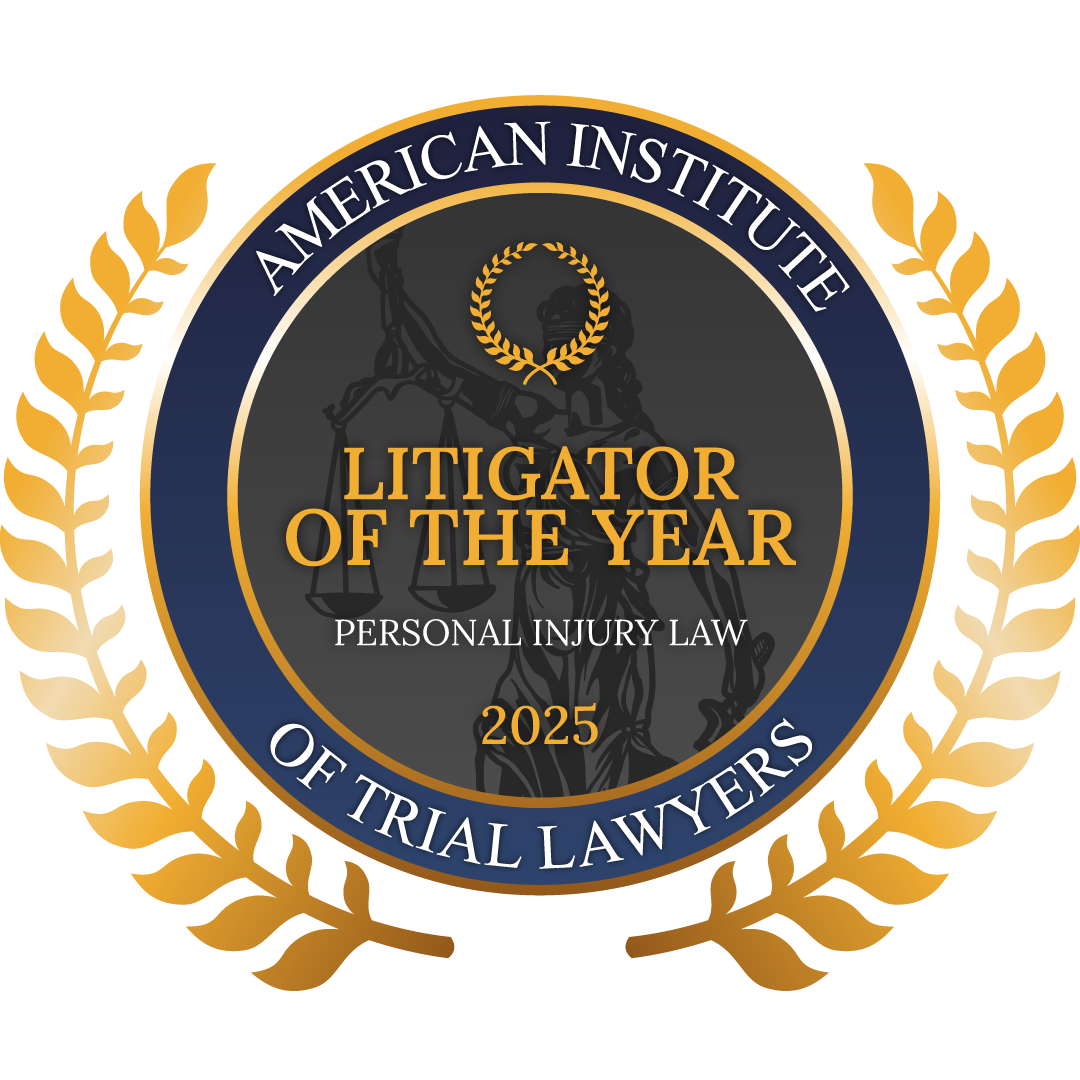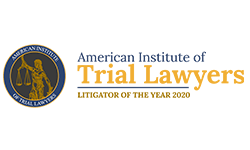
When someone transitions to a nursing home, the hope is that the staff at the facility will take over the majority of medical care for that resident. That includes prescribing and managing medications. A physician prescribes many medications to help with blood pressure, diabetes, heart condition, and other physical ailments. However, there is also a category of drugs called psychotropic. These drugs, along with certain opioids, could be considered the most dangerous prescription drugs issued in nursing homes.
Understanding Psychotropic Drugs
A psychotropic drug is designed to affect a person’s behavior, mood, thoughts, or perception, but for the better. These are the class of drugs that help with anxiety and depression. They are also considered antipsychotics. Here are some of the most common types of these drugs:
- Escitalopram (Lexapro)
- Citalopram (Celexa)
- Fluoxetine (Prozac, Sarafem)
- Paroxetine (Paxil)
- Sertraline (Zoloft)
- Fluvoxamine (Luvox)
Although they can be supportive, these drugs are not without potentially harmful side effects. Those include the following:
- Drowsiness
- Insomnia
- Constipation
- Tremors
- Dry mouth
- Nausea
- Blurry vision
- Headaches
- Confusion
- Fatigue
If these side effects are severe, additional medications will be prescribed to counteract the effects. That leads to polypharmacy, where a patient is taking more than five drugs. That will always be a challenge to maintain, especially given the number of residents who also need medication management.
These drugs can sometimes be used as a form of chemical restraint. In other words, they are considered a form of sedatives, which can be prescribed by nursing home staff to calm down a resident. The nursing home’s medical staff might prescribe those drugs for residents who have dementia, but it can lead to additional problems, such as an increased risk of stroke or dizziness that leads to falls.
Opioid Prescriptions
Psychotropic drugs alter mood. Opioid drugs help alleviate pain. Unfortunately, those drugs are also highly addictive. The most popular class of opioids is fentanyl. That drug has been the root of a crisis all across the country, but it is also another area of concern in nursing homes. The National Library of Medicine reported a study that found 91% of nursing home residents who were prescribed fentanyl did not have persistent pain.
Additionally, many of those same residents are considered opioid-naïve. That means they had never been prescribed these types of drugs before and, therefore, did not have a propensity for addiction.
Potential Abuse
Is there a potential for abuse with these drugs being prescribed to nursing home patients? In a survey conducted by the Office of Inspector General, OIG found that from 2011 through 2019, about 80 percent of Medicare’s long-stay nursing home residents nationwide were prescribed a psychotropic drug.
That high percentage is cause for concern. A story published by USA Today last year found that “the vast majority of nursing home patients on schizophrenia meds were inappropriately prescribed the drugs.” The story went on to report that the OIG surveyed 99 nursing homes and found that 1 in 5 residents classified as schizophrenia patients. However, according to Medicare records, there are contradictions with those diagnoses.
Taking On the Alleged Abuse Claims
Even though you’ve transitioned your loved one into a nursing home facility, you are still considered their primary caregiver. That means you have every right to discuss their medical care and review their prescriptions. If it seems that there is a change in behavior or a new list of ailments with your loved one, you could consider setting up an independent exam with a doctor outside of the nursing home. The exam results could illuminate and point to the need to discuss the matter with the team at Peterson Law Office.
We have a successful track record of inspecting alleged nursing home abuse. These cases can be challenging, especially if your loved one is still under the care of that facility. That doesn’t mean corrections can’t be made, or a remedy can’t be found to compensate for the abuse. Call to set up a consultation to discuss what is going on.






